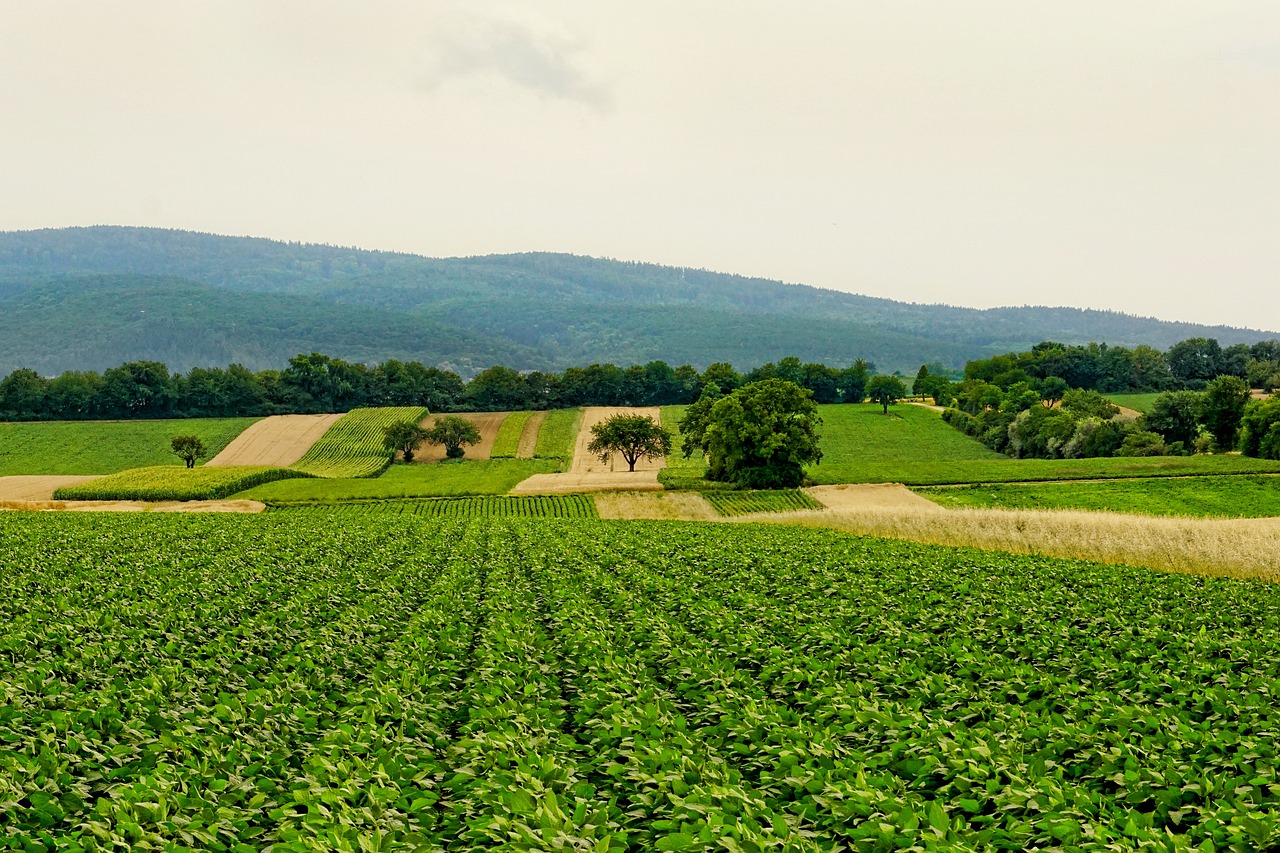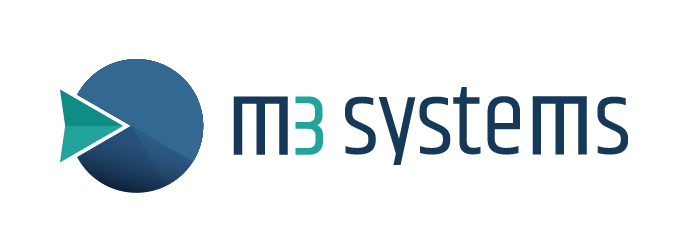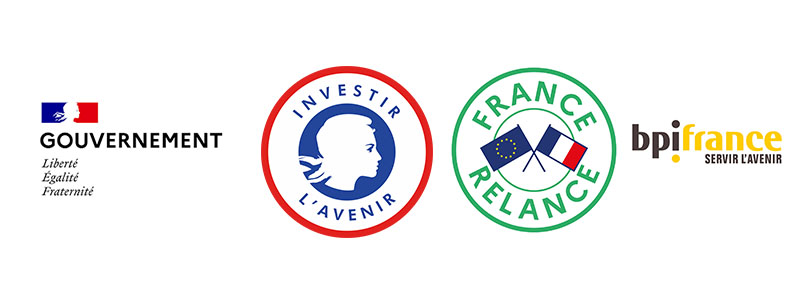
The GEOSUR project aims to develop reliable, secure multi-sensor positioning systems with tailored certification methods, to support the deployment of autonomous agricultural robots. Led by a consortium of six companies, including M3 Systems, the project is funded by BPI France on behalf of the French government under the France 2030 plan, and by the European Union’s Next Generation EU initiative through the France Relance program.
Context
In the face of an evolving agricultural landscape, the shift towards agroecology has become a priority. Previous agricultural revolutions helped the sector meet the demands of feeding an ever-growing global population, but these advances have often come at an environmental cost. Today, adopting more sustainable farming practices is essential, without sacrificing production levels.
This transition requires the integration of tools capable of intervening with precision and consistency on crops to address the agricultural labor shortage—this is where agricultural robotics comes into play. Through advanced technology, these robots not only ease the burden of physically demanding tasks but also enhance productivity, driving greater efficiency and resilience in farming. It is within this context that agro-robotic innovations are being developed in France.
Key Challenge
A significant challenge in deploying autonomous agricultural robots lies in ensuring highly accurate, reliable, and robust positioning, particularly in complex environments. GNSS signals can be disrupted by natural or man-made obstacles, such as trees, greenhouses, or buildings, which complicates navigation. These robots often operate in environments with dense vegetation or agricultural infrastructure, or under conditions of poor visibility, like rain or fog. Any deviation from their designated path—such as crossing work zone boundaries defined by geofencing—can lead to serious issues. Without proper certification of positioning systems, market entry for these robots is hindered.
Thus, the GEOSUR project aims to enhance the safety, efficiency, and precision of autonomous agricultural robots.
The GEOSUR project aims to address these challenges by developing multi-sensor geolocation systems that combine GNSS data with landmark detection (e.g., reference points in the environment) captured by the robots’ sensors. The project also includes the development of certification methods. These solutions will not only improve the positioning accuracy of agricultural robots but also establish safety and security standards. A test and certification platform will be created to validate these technologies. The project’s primary beneficiaries are stakeholders in agricultural robotics working in sectors such as orchards, vineyards, vegetable farming, broad-acre crops, and livestock farming.
M3 Systems’ Role
As part of this project, M3 Systems is developing a test platform to evaluate the integrity and performance of GNSS positioning systems and sensors. M3 Systems will primarily contribute to the development of digital simulation platforms for testing sensor hybridization algorithms, as well as to the implementation of data collection tools from sensors during field trials.
Partners
The GEOSUR consortium includes six key partners:
• Agreenculture: Developing secure GNSS systems.
• Torus Actions: Creating AI-based positioning algorithms.
• M3 Systems: Developing the GNSS testing platform.
• Guide GNSS: Providing expertise in geolocation certification.
• LAAS-CNRS: A research laboratory focused on operational safety.
• INRAE: An agronomy research institute.


